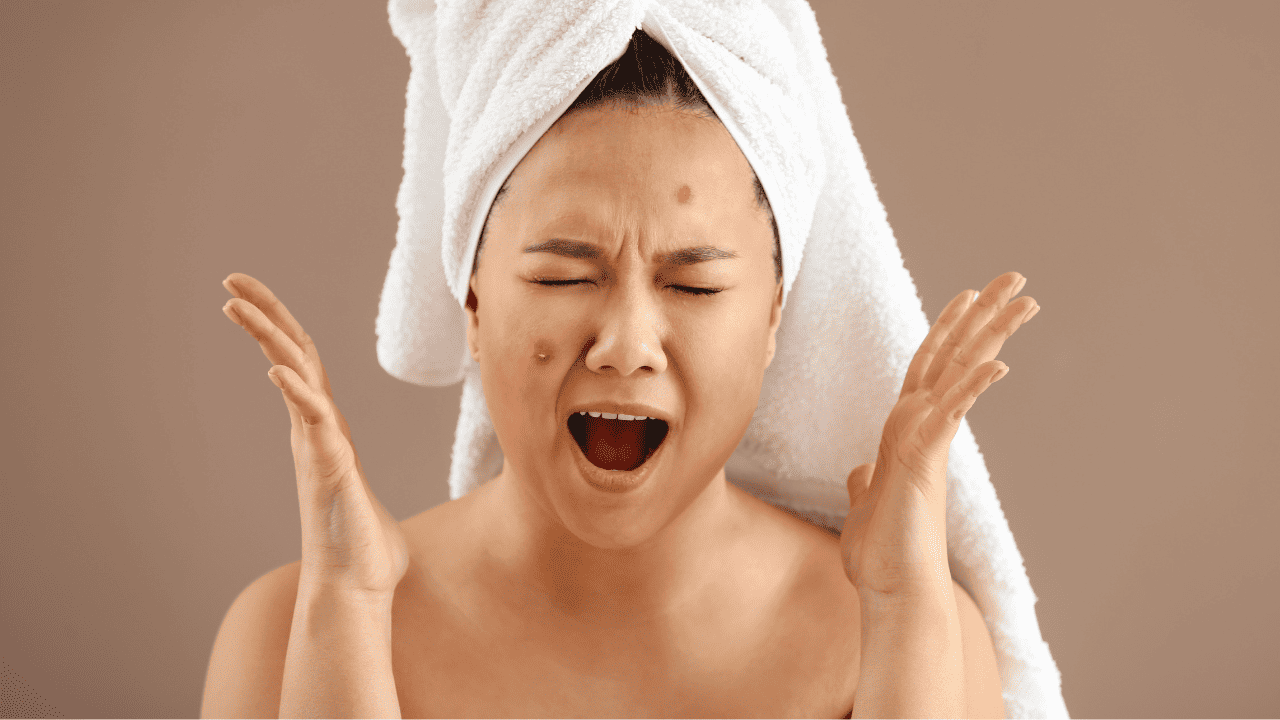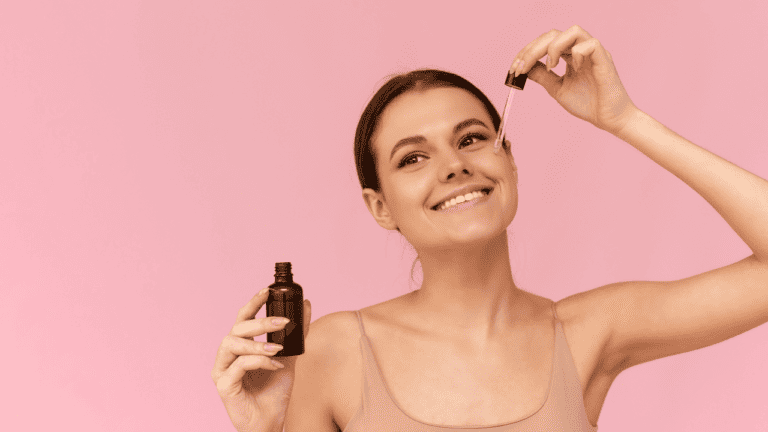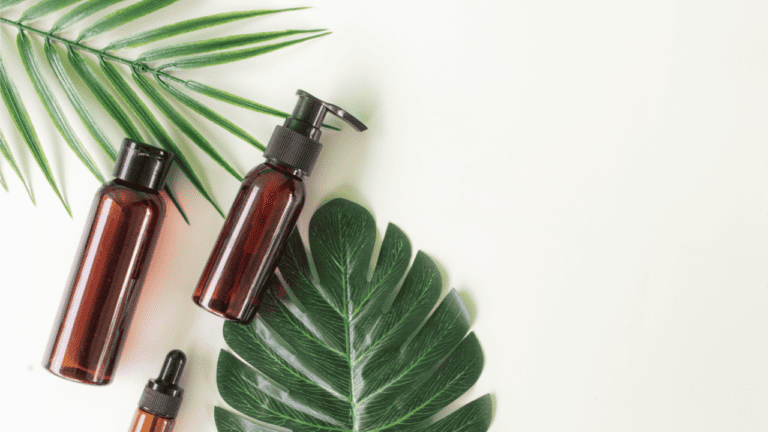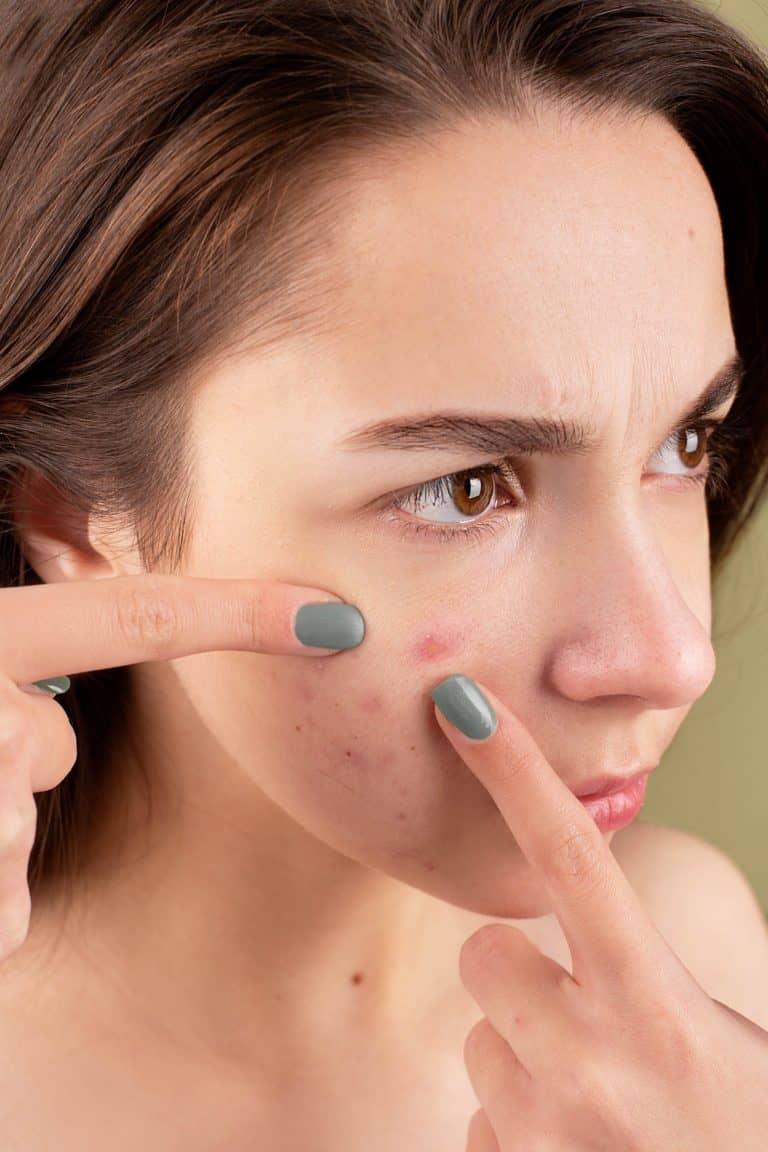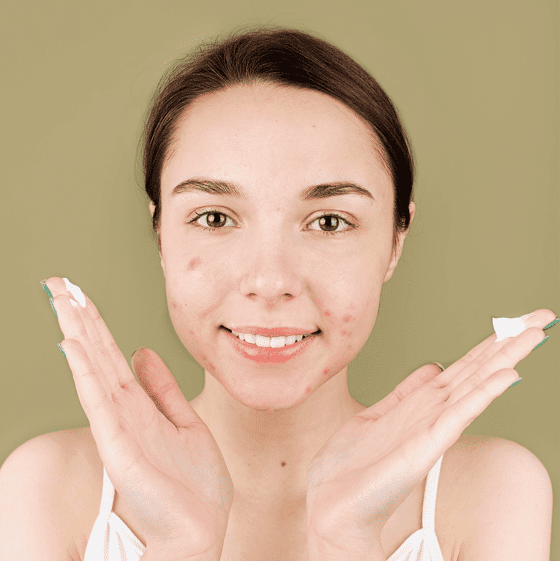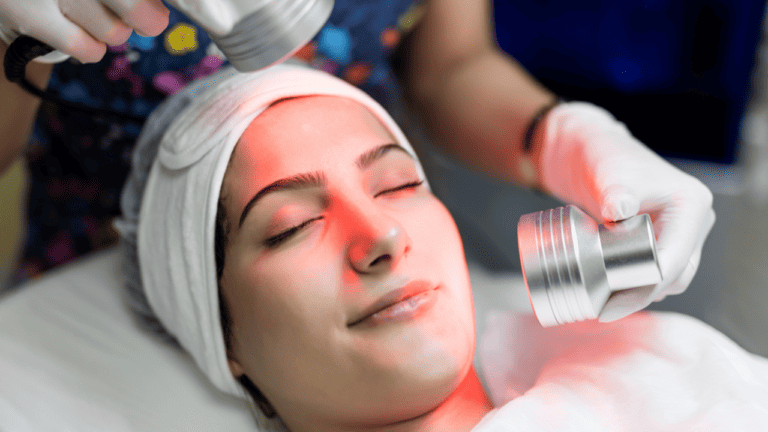Body acne is a common skin condition that affects many people, including men. While it is often associated with adolescence, it can persist into adulthood and cause significant distress. Men, in particular, may feel self-conscious about their body acne and worry about how it affects their appearance and attractiveness.

There is no doubt that body acne can have an impact on a person’s self-esteem and confidence, and men are no exception. In fact, some studies suggest that men may be more affected by acne than women, as they may feel pressure to conform to traditional masculine ideals of physical perfection and attractiveness. This can lead to feelings of shame and embarrassment, which can in turn affect their mental health and social interactions.
Key Takeaways:
- Body acne can affect men’s self-esteem and confidence.
- Men may feel pressure to conform to traditional masculine ideals of physical perfection and attractiveness.
- Body acne can be managed and treated with a variety of methods.
Understanding Body Acne
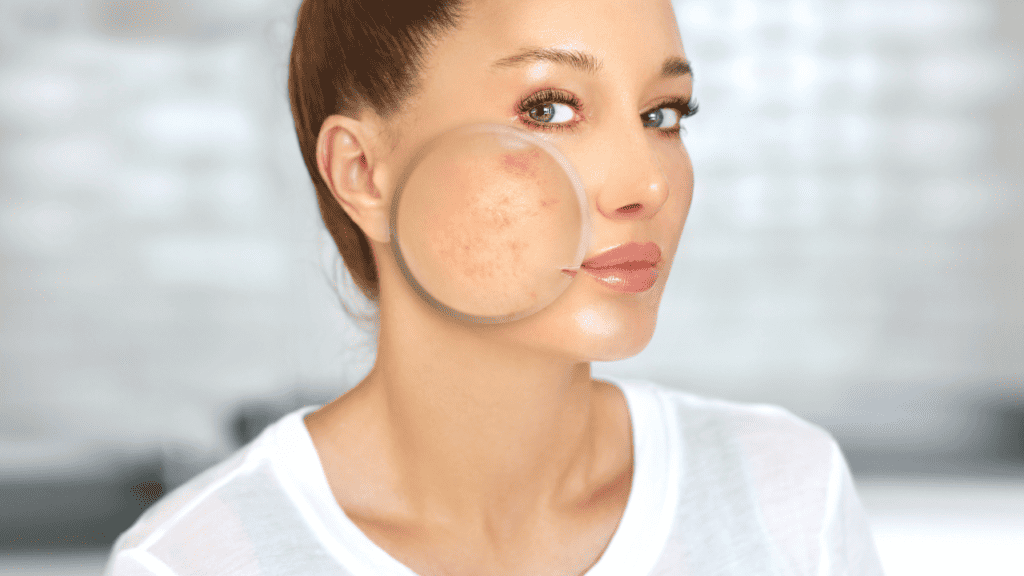
Body acne is a common skin condition that affects many people, regardless of their gender. It is characterized by the appearance of pimples, blackheads, and whiteheads on the chest, back, shoulders, and other parts of the body. While it is not a serious medical condition, body acne can be a source of embarrassment and self-consciousness for many people.
Causes of Body Acne
Body acne is caused by a variety of factors, including hormones, genetics, and environmental factors. Hormones play a significant role in the development of acne, as they can stimulate the production of sebum, a type of oil that can clog pores and lead to acne. Genetics also play a role in the development of acne, as some people are more predisposed to developing acne than others.
Environmental factors, such as stress, sweat, and bacteria, can also contribute to the development of body acne. Stress can cause hormonal imbalances that can lead to acne, while sweat and bacteria can clog pores and lead to the development of acne.
The Role of Hormones and Genetics
Testosterone, a hormone found in both men and women, plays a significant role in the development of acne. Testosterone stimulates the production of sebum, which can clog pores and lead to the development of acne. Women who have high levels of testosterone may be more prone to developing acne.
Genetic predisposition also plays a role in the development of acne. If a person’s parents or siblings have a history of acne, they may be more likely to develop acne themselves.
Common Myths About Body Acne
There are many myths surrounding the development and treatment of body acne. One common myth is that body acne is caused by poor hygiene. While keeping the skin clean is important for overall skin health, it is not a direct cause of acne.
Another myth is that tanning can help to clear up acne. While tanning can temporarily mask the appearance of acne, it can also cause damage to the skin and make acne worse in the long run.
It is important to understand the causes and myths surrounding body acne in order to properly treat and manage the condition.
Perceptions of Body Acne
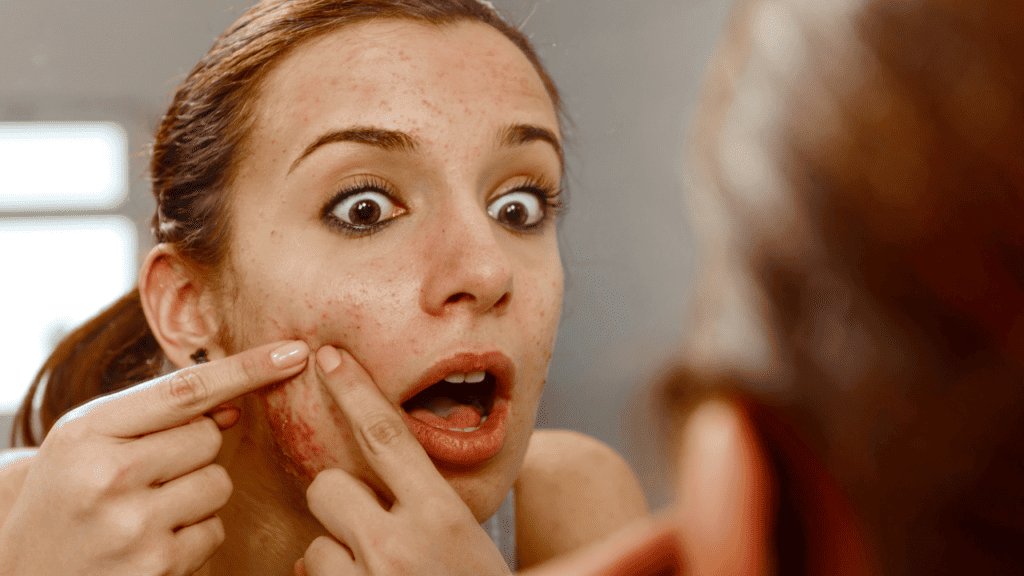
Body acne is a common skin condition that affects both men and women. While acne on the face is more visible and often receives more attention, body acne can also have a significant impact on self-esteem and relationships.
Impact on Self-Esteem and Relationships
Research has shown that acne, in general, can have a negative impact on self-esteem and confidence, particularly in adolescents and young adults. Men and women who experience body acne may feel self-conscious about exposing their skin, which can lead to feelings of embarrassment and shame. This can also affect their romantic relationships and sexual experiences.
Adult males who experience body acne may feel particularly vulnerable, as societal expectations often place a premium on physical appearance and masculinity. Men who struggle with acne may feel that they are failing to live up to these expectations, which can lead to feelings of inadequacy and low self-esteem.
Cultural and Social Attitudes

Cultural and social attitudes towards acne can also play a role in perceptions of body acne. In some cultures, clear skin is seen as a sign of health, beauty, and cleanliness. As a result, individuals who experience body acne may be stigmatized and viewed as unclean or unattractive.
In Western cultures, the media often portrays clear skin as an ideal, which can contribute to feelings of shame and inadequacy for those who experience acne. Men and women who struggle with body acne may feel that they are not living up to these ideals, which can lead to feelings of self-doubt and low self-esteem.
Overall, perceptions of body acne can have a significant impact on self-esteem and relationships, particularly for men and women who experience this condition. It is important to recognize that acne is a common and treatable condition, and that seeking out treatment and support can help individuals to feel more confident and comfortable in their own skin.
Treatment and Management
Body acne can be an unsightly and uncomfortable condition. Fortunately, there are several treatment options available to help manage and reduce the appearance of body acne.
Over-the-Counter Solutions
Many individuals with mild to moderate body acne find relief with over-the-counter topical treatments. Products containing benzoyl peroxide or salicylic acid can be effective in reducing inflammation and clearing up acne. It is important to note that these treatments can be drying to the skin, so it is recommended to start with a lower concentration and gradually increase as needed.
When to See a Dermatologist
If over-the-counter treatments are not effective, it may be time to see a dermatologist. A dermatologist can prescribe topical medications such as retinoids or antibiotics, or in severe cases, oral medications such as isotretinoin. It is important to follow the dermatologist’s treatment plan closely and report any side effects immediately.
Lifestyle and Skincare Routines
In addition to medical treatments, lifestyle changes and skincare routines can also help prevent and manage body acne. Wearing loose-fitting clothing made of breathable fabrics can reduce friction and irritation on the skin. Showering after sweating and using a gentle cleanser can help keep the skin clean without stripping it of its natural oils. It is also important to moisturize regularly to keep the skin hydrated and healthy.
Overall, with the right treatment plan and skincare routine, body acne can be effectively managed and reduced. It is important to consult with a dermatologist for severe cases and to follow their recommended treatment plan closely.
Frequently Asked Questions
How much do skin imperfections impact men’s attraction to someone?
Skin imperfections can impact men’s attraction to someone to varying degrees. While some men may not be bothered by skin imperfections, others may find them unattractive. However, it is important to note that attraction is subjective and varies from person to person. Men may have different preferences when it comes to physical appearance, and skin imperfections may not be a significant factor for some.
Are dark spots on skin a significant concern for men in a relationship?
Dark spots on the skin may be a concern for some men in a relationship, but not for others. It depends on the individual’s preferences and priorities. Some men may find dark spots unattractive, while others may not be bothered by them. It is important to communicate with one’s partner about any concerns and to approach the topic in a respectful and understanding manner.
How do men generally feel about their partner having acne?
Men’s feelings about their partner having acne can vary. Some men may not be bothered by it, while others may find it unattractive. However, it is important to note that acne is a common skin condition and can affect anyone. It is important to approach the topic with empathy and understanding, and to focus on the person’s qualities beyond their physical appearance.
